Transforming Futures: How The U.S. Department of State Empowers Arab Youth
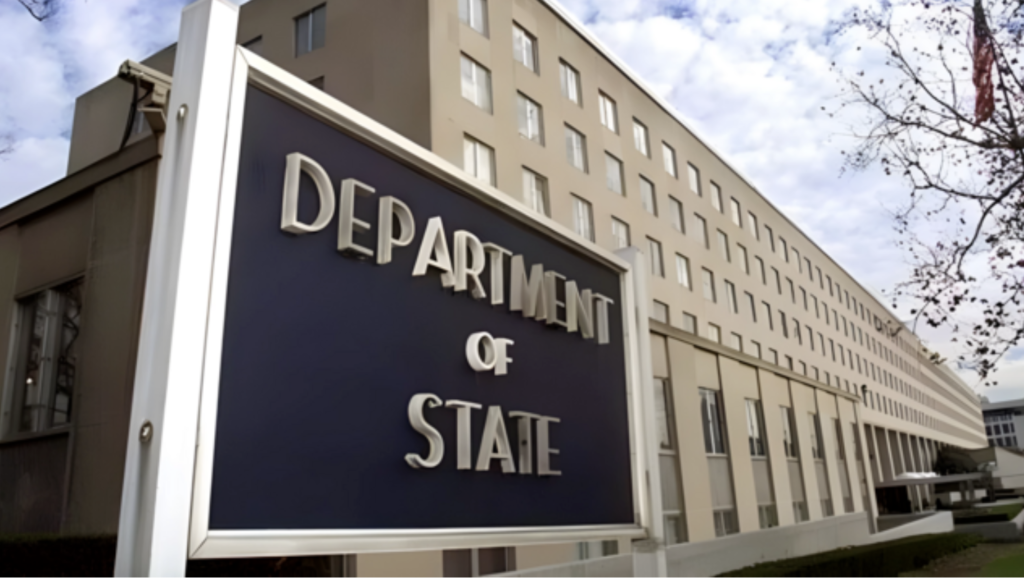
By: Yara Marei / Arab America Contributing Writer
For many young people in the Arab world, the idea of studying or participating in an exchange program in the United States represents a unique opportunity to explore new cultures, broaden their horizons, and deepen their understanding of global issues. The U.S. Department of State offers several programs to foster these experiences, providing participants with invaluable insights into leadership, civic engagement, and cultural exchange.
These programs allow participants to live and study in the U.S. and help shape their personal and professional identities. They encourage the development of leadership skills, build solid cross-cultural relationships, and empower individuals to contribute positively to their communities. For many, participating in these initiatives is a life-changing experience, offering the chance to fulfill dreams and unlock new potential.

For many young people across the Arab world, the dream of experiencing life in the United States seems distant. Yet through the U.S. Department of State’s programs, that dream becomes a reality for countless participants yearly. These programs provide a unique opportunity to explore new cultures, build leadership skills, and foster mutual understanding between nations.
Participants in these programs often describe the experience as life-changing. They offer not only academic and professional development but also personal growth. By engaging in these exchanges, individuals gain new perspectives, form meaningful connections, and deepen their sense of identity and purpose.
For Arabs looking to expand their horizons, these programs offer an unparalleled chance to explore, learn, and grow. The journey of cultural exchange leaves a lasting impact, shaping participants in ways that stay with them for a lifetime.
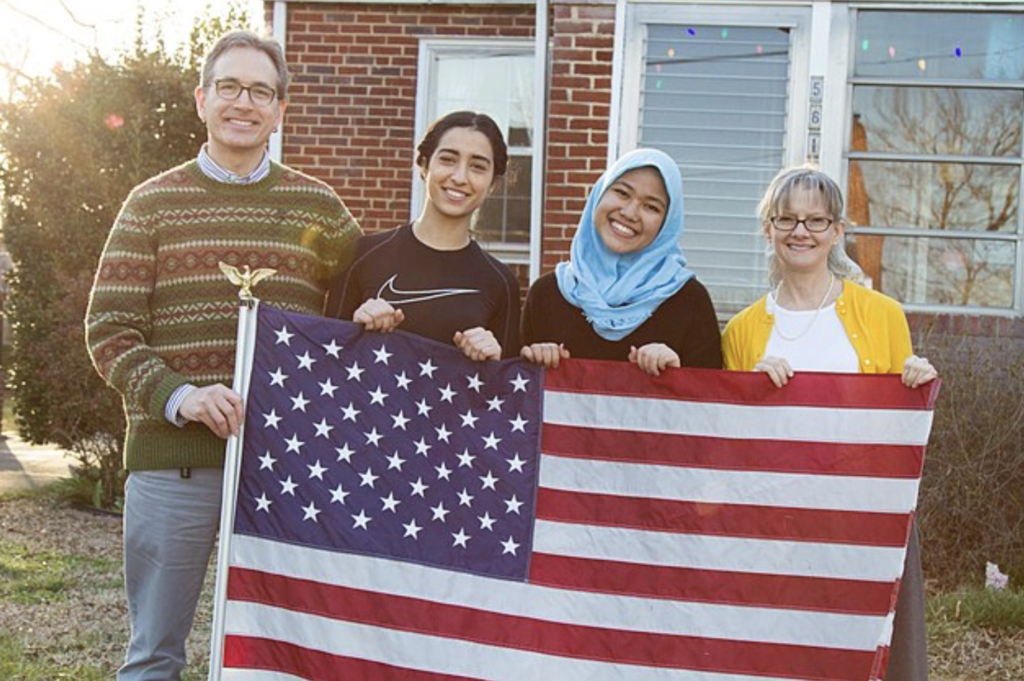
U.S. Department of State Programs in the MENA Region: Fostering Leadership and Change
The U.S. Department of State offers several dynamic programs to empower future leaders in the Middle East and North Africa (MENA) region. These initiatives focus on leadership development, cultural exchange, and addressing global challenges by bringing students and professionals worldwide together.
1. Kennedy-Lugar Youth Exchange and Study (YES) Program
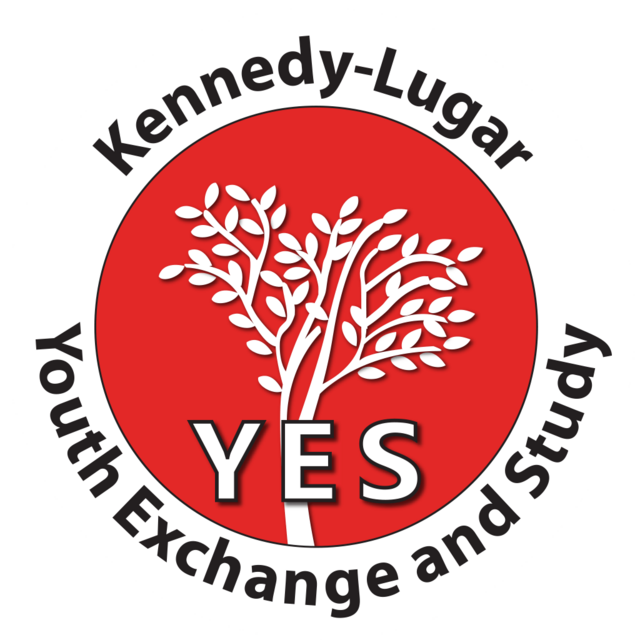
The Kennedy-Lugar YES program allows high school students from predominantly Muslim countries to experience life in the U.S. for an academic year. Participants serve as cultural ambassadors, building lasting connections with American host families and local communities. During the program, students attend U.S. high schools, take part in community service, and gain leadership skills while sharing their own cultural backgrounds.
The YES program, which began in 2002 following the events of 9/11, selects students through a competitive, merit-based process. In 2009, the YES Abroad program was introduced to allow American students to study in select YES partner countries, facilitating further cross-cultural exchange.
2. Middle East Partnership Initiative (MEPI) Student Leaders Program (SLP)
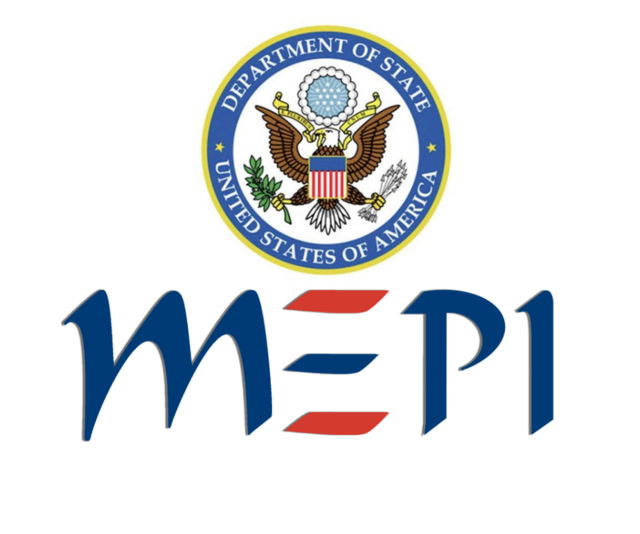
The MEPI Student Leaders Program (SLP) provides leadership and civic engagement training for undergraduate and graduate students aged 20-24 from the MENA region. The 2024-2025 program focuses on environmental issues and climate change. Participants are placed in U.S. universities, engaging in academic coursework, honing leadership abilities, and enhancing their understanding of governance and civil society.
A core element of the program is the creation of Community Engagement Plans (CEPs), where participants design initiatives to address environmental concerns within their communities. Participants connect with U.S. civil society organizations throughout the program and engage in community service. Upon completing the summer program, they receive ongoing support and professional development through the MEPI Alumni network.
3. Fulbright Program

The Fulbright Program offers exceptional students, scholars, and professionals opportunities to study, teach, or conduct research abroad, promoting cross-cultural understanding and addressing shared international challenges. Fulbright participants, selected based on academic excellence and leadership potential, work to foster international cooperation through their studies and projects.
4. TechGirls Program
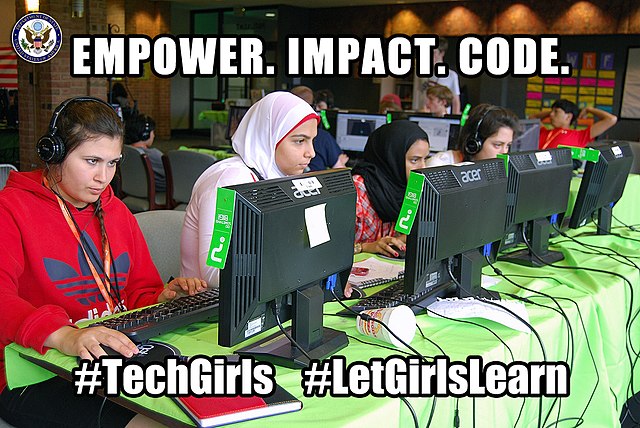
The TechGirls program is a 22-day exchange designed for teenage girls aged 15–17 from the MENA region with a strong interest in technology. Through hands-on learning, lab sessions, project development, and visits to high-tech companies in the U.S., participants develop their technological and leadership skills.
TechGirls fosters interactions with American peers, helping participants enhance their skills in technology while also developing leadership qualities. The program is ideal for students with a passion for becoming future technology leaders in their home countries.
5. TechWomen Program
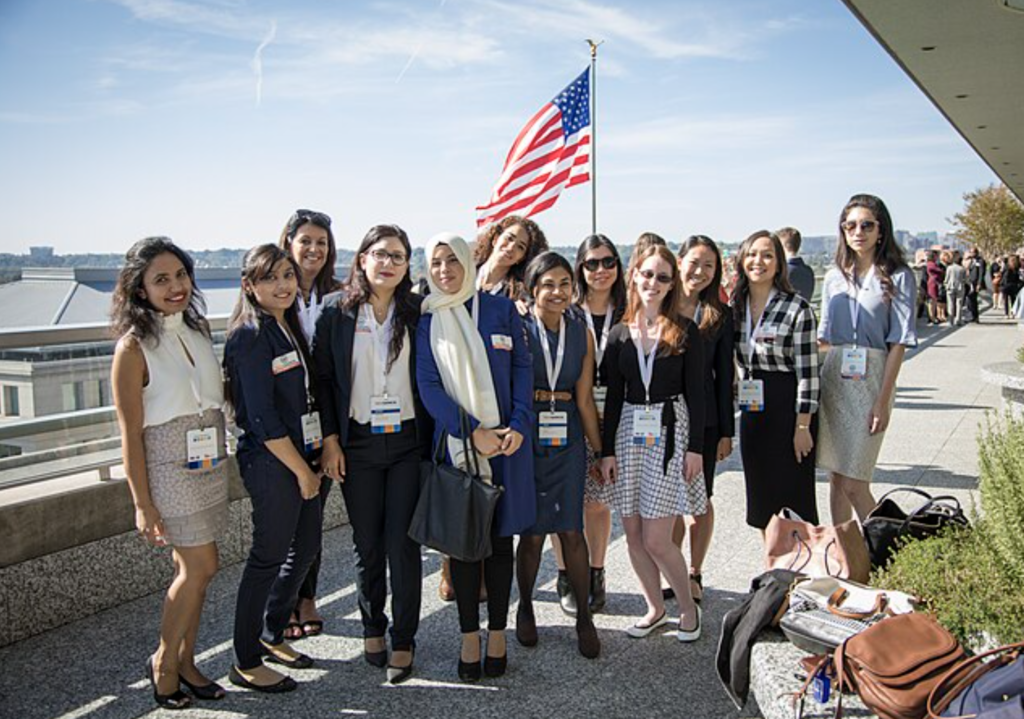
The TechWomen program connects female leaders in STEM fields from Africa, Central and South Asia, and the Middle East. Through professional mentorship and networking opportunities, participants gain the knowledge and resources to advance their careers and inspire other women in their communities.
TechWomen fosters collaboration and mutual understanding between professionals worldwide. It also encourages young women to pursue careers in STEM by connecting them with strong female role models.
Let’s Empower!
The U.S. Department of State’s programs, such as YES, MEPI, Fulbright, TechGirls, and TechWomen, are instrumental in cultivating the next generation of leaders in the MENA region. These initiatives promote cultural exchange, foster leadership development, and address critical global challenges like climate change, gender equity, and technological innovation. By investing in leadership and education, the U.S. strengthens its relationships with MENA nations and creates lasting positive impacts on individuals and communities alike.









